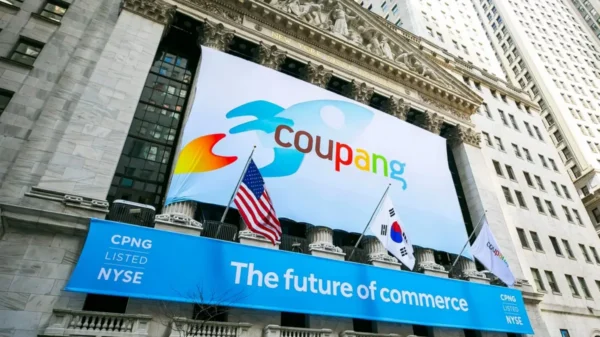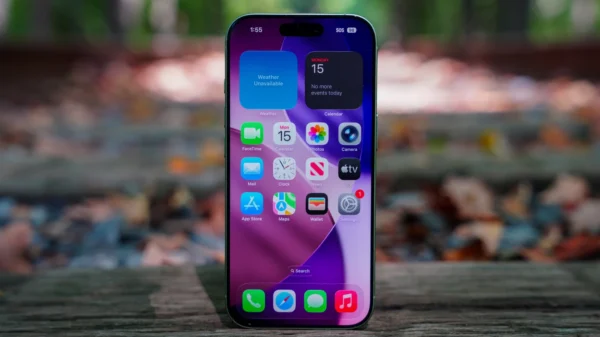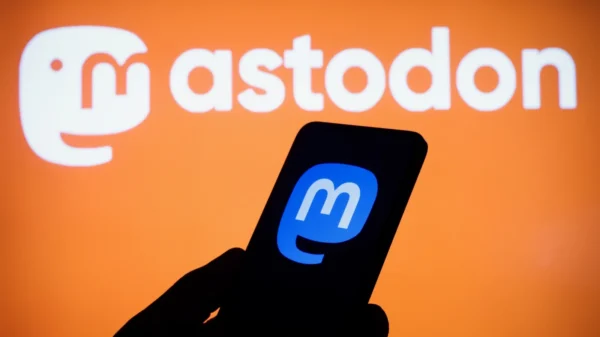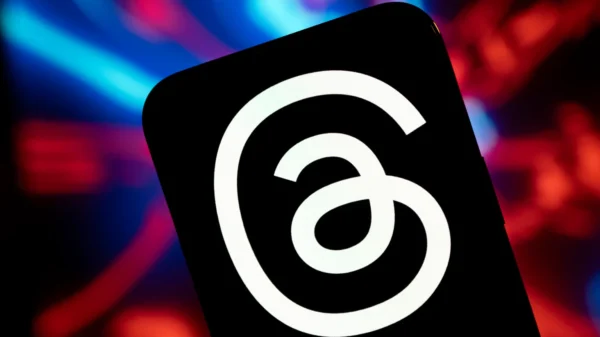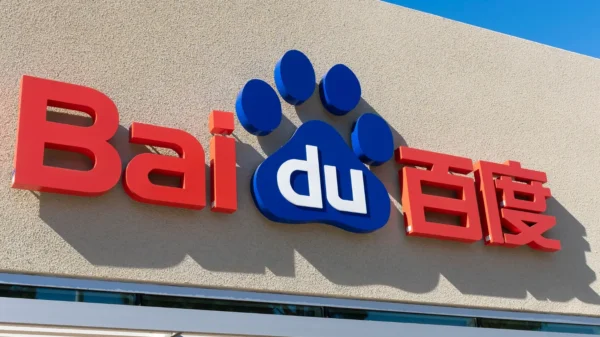The long-awaited acquisition of Activision by Microsoft is now official after the U.K.’s Competition and Markets Authority (CMA) approved a revised plan that eased the CMA’s worries about Microsoft’s potential monopoly over the cloud gaming business.
Activision’s cloud-streaming rights, which will go to Ubisoft rather than Microsoft, are the key component of Microsoft’s concession to close the transaction. For the next 15 years, the French video game publisher will receive Activision’s cloud-streaming rights for all PC and console titles, but only for regions outside the European Economic Area (EEA). Ubisoft will be granted a “non-exclusive license to sell, distribute, and sublicense entitlements to play cloud streaming versions of Activision’s games” within the EEA. This implies that Microsoft will also have access to Activision game cloud streaming rights in Europe.
With the sale of Activision’s cloud streaming rights to Ubisoft, the CMA’s chief executive officer Sarah Cardell remarked, “We’ve ensured Microsoft can’t have a stranglehold over this important and rapidly developing market.” “This action will ensure that customers have more competitive rates, better services, and more choices as cloud gaming expands. We are the only competition agency worldwide to have produced this result.
The current story
In January 2022, Microsoft revealed its massive $68.7 billion acquisition proposal for Activision. After Tencent and Sony, the move would effectively make Microsoft the third-largest gaming firm in the world by revenue, giving them control over massive properties like World of Warcraft and Call of Duty.
The U.K. has remained alone in the regulatory world as it steadfastly stuck to its guns in preventing the acquisition from going through, with the European Commission (EC) eventually approving the deal with a few conditions and the Federal Trade Commission (FTC) in the U.S. unable to block the deal despite its best efforts. The CMA said in April that the merger would “significantly weaken competition” and establish “the most powerful operator” in the cloud gaming industry.
According to the CMA, Microsoft already has a competitive advantage in the cloud gaming industry because of the widespread use of Windows and its “significant cloud infrastructure” business. This would allow Microsoft to increase its market share, which ranges between 60 and 70%.
It’s important to note that Microsoft struck several agreements to keep Activision titles on other platforms like Nintendo, Sony, and Steam for a decade. However, according to the CMA, Microsoft’s suggestions couldn’t replace the present “competitive dynamism.”
To expedite the agreement, Microsoft made some concessions back in August. It offered to give Activision competitor Ubisoft the cloud streaming rights to all its existing and future games. Last month, the U.K. provided the clearest signal yet that this significantly allayed its worries, stating that it “substantially addresses previous concerns and opens the door to the deal being cleared.”
And now the CMA seems to be fully behind the settlement, even going so far as to sound somewhat in favor of it by referring to Microsoft’s concession as a “gamechanger that will promote competition.”
On the one hand, the CMA and the U.K. applaud themselves for convincing Microsoft to make these adjustments. On the other side, it is also quite critical of Microsoft’s strategies during the whole purchase process, which lasted for around 21 months.
Businesses should have no doubts that Microsoft’s strategies are the wrong approach to interact with the CMA, according to Cardell. Microsoft could restructure during our initial study but chose to cling to a set of tactics steadfastly we informed would be ineffective. Such a drag-out of the process is a waste of time and resources.





